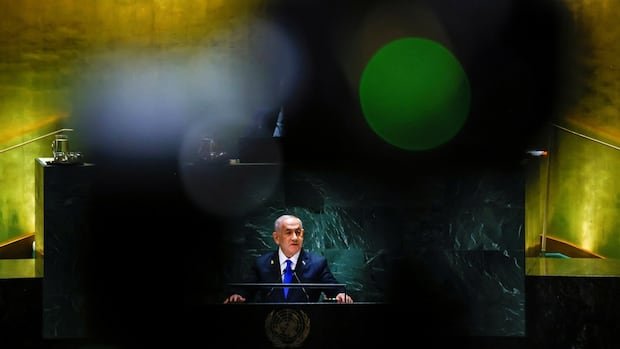Israeli Prime Minister Benjamin Netanyahu is set to address the United Nations General Assembly amid mounting international pressure over alleged war crimes and calls to end the conflict. Several countries, including Australia, Canada, France, and the United Kingdom, have recognized an independent Palestinian state, while the European Union is contemplating sanctions against Israel. The International Criminal Court has issued an arrest warrant for Netanyahu for alleged crimes against humanity, which he denies, and there are accusations of genocide in Gaza.
Netanyahu remains firm in his stance, vowing to speak out against those supporting Palestinian statehood within Israel. The recent attack by Hamas militants, which led to significant casualties, has intensified calls for a ceasefire and humanitarian aid in Gaza.
Despite growing global recognition of a Palestinian state, the United States remains a staunch ally of Israel. However, President Donald Trump indicated limits on support by opposing Israel’s annexation of the West Bank. Netanyahu’s government members have proposed such annexation, raising concerns about the viability of a Palestinian state.
On the eve of Netanyahu’s speech, Palestinian leader Mahmoud Abbas addressed the UN, emphasizing the need for international action to fulfill Palestinian rights and end the occupation. The contrasting views of Israeli and Palestinian leaders reflect the ongoing complexities of the conflict and the divergent paths towards a resolution.

